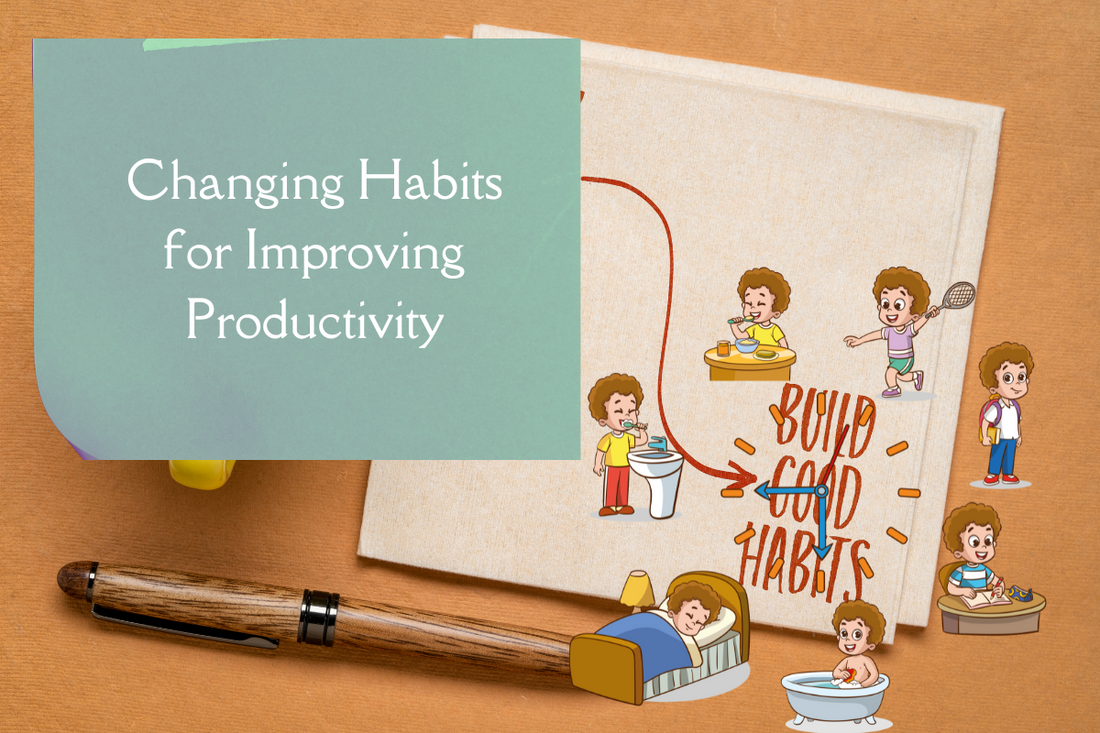
Changing Habits for Improving Productivity
Share
Have you ever wondered why some people seem effortlessly productive, while others struggle to complete even simple tasks? The secret often isn't a drastic lifestyle overhaul, but rather the cumulative effect of small, intentional habits practiced consistently over time.
According to research by James Clear, author of the bestselling book Atomic Habits, "Habits are the compound interest of self-improvement." Just like small investments made regularly can grow into substantial wealth, tiny daily habit changes can transform your productivity and overall effectiveness.
A study published in the European Journal of Social Psychology found that on average, it takes 66 days for a new habit to become automatic. While this might initially seem like a long time, consider the lifetime impact once a habit is firmly established.
Imagine simply dedicating 15 minutes daily to planning your next day or investing 10 minutes every evening in reflection. These small commitments can profoundly enhance productivity, reduce stress, and boost clarity over weeks, months, and eventually years.
Similarly, renowned productivity expert Charles Duhigg highlights in his book, The Power of Habit, how modifying even one small "keystone" habit can cascade into positive changes across various aspects of your life. For instance, starting your day with a simple routine like journaling or exercising for just 10 minutes can create ripple effects, improving your mood, concentration, and decision-making abilities throughout the day.
Consistent habits don't just enhance your productivity - they reshape your identity. As Clear emphasizes, when you commit to small, manageable habits consistently, you gradually build the self-image of someone who is disciplined, productive, and successful.
Make this year your most productive year yet. Take the first step by adopting simple and powerful habits.
